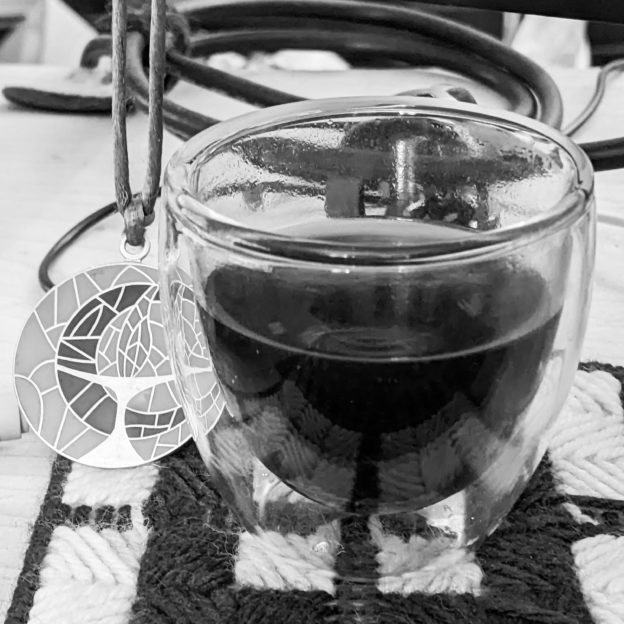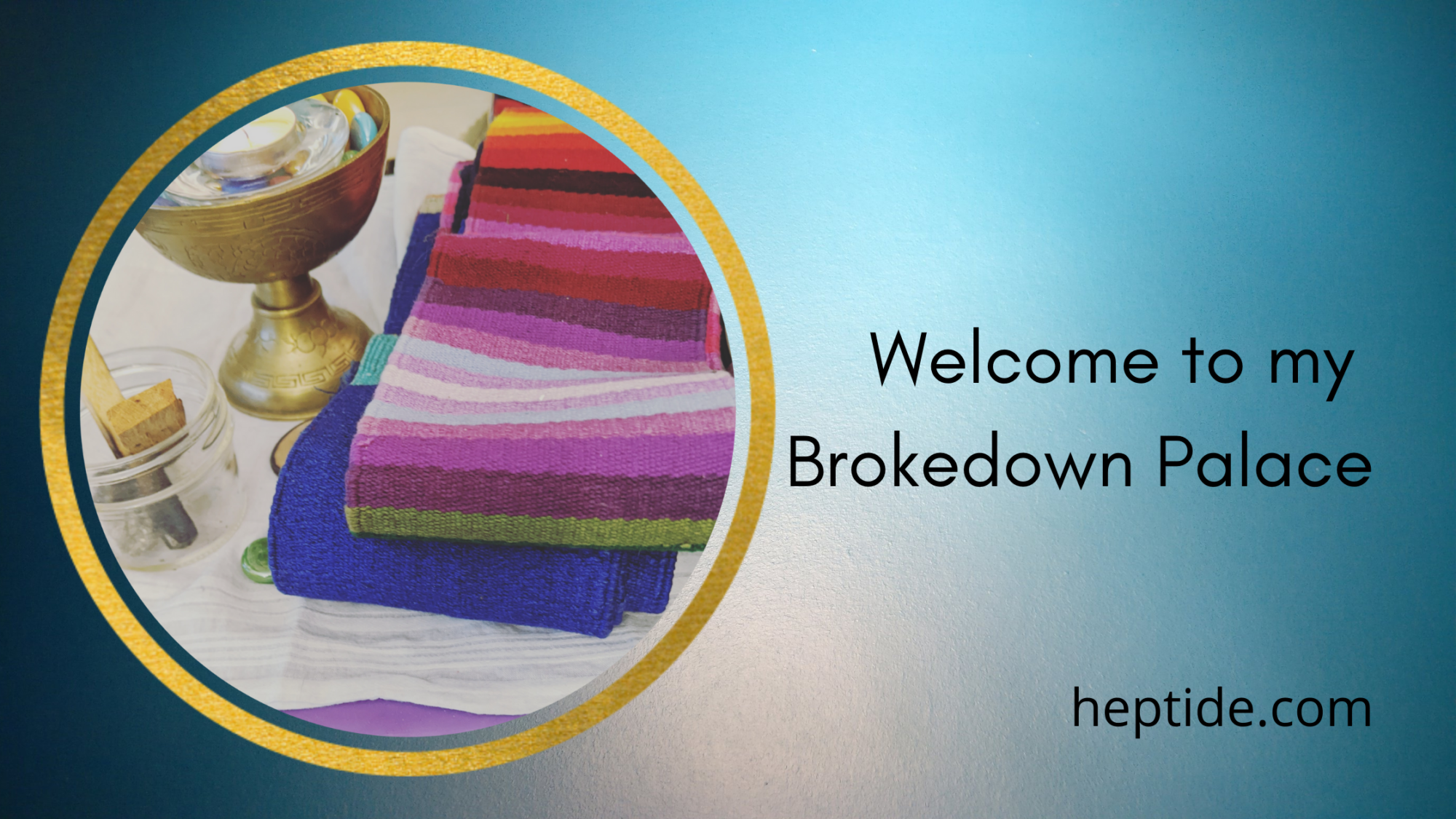When I was new to Unitarian Universalism I learned a new “Fear of God,” not the fear to believe, or the fear of God’s glory, but the fear to mention his name, the fear to appear too theistic to those who are not. I was shocked then when I read “Our Chosen Faith,” the book given me during the celebration of my membership, that God was all throughout the book.
After doing research into the matter I found that Unitarian Universalism was working toward reclaiming religious language including God. So I sat down today in my office to write a few words about this reclamation. I started with a simple Google search, and was taken down a rabbit hole of history that I found very educational.
In 2003 Rev William G Sinkford, self-proclaimed atheist and President of the UUA, made the national news as he declared that Unitarian Universalism would begin reclaiming religious language. He said in 2003 that it would be his goal to reclaim the “language of reverence, in the association,” citing his issue with the lack of spiritual language anywhere in our principles or traditions.
In a sermon in January of 2003 preached to First Jefferson Unitarian Universalist Church he said, “I believe that Unitarian Universalism is growing up. Growing out of a cranky and contentious adolescence into a more confident maturity. A maturity in which we can not only claim our Good News, the value we have found in this free faith, but also begin to offer that Good News to the world outside these beautiful sanctuary walls.” Later in that sermon he points to one of the problems he sees with our refusal to claim religious language “Our resistance to religious language gets reflected, I think, in the struggle that so many us have in trying to find ways to say who we are, to define Unitarian Universalism.”
But he was very clear that Unitarian Universalism was not going to adopt the picture of God in the Christian Sense. In his 2009 book, The Cathedral of the World, Forest Church defines God this way “’God’ is our name for that which is greater than all and yet present in each.” These two men are very clear to define God differently than modern Christianity.
Living in the American South this idea takes on a completely different flavor. In Jackson, Mississippi, public atheists still work against prejudice. Mississippi is not in a world clearly enveloped in humanism or atheism. Many schools still begin their days with Christian prayer and becoming politically active is difficult if not backed by Judeo-Christian identification.
And for this reason I think it is important to reclaim religious language as a whole, but respectful to all parties willing to join the meeting: to understand conversation of faith, belief, and salvation–not in the popular sense but an even more traditional sense. It is important to talk about sin, but sin as the negative action against each other not divine judgment against the self in regard to things we cannot control. It is important to talk about salvation from the prison we build around ourselves that doesn’t involve changing the core of who we are. Most of all it is important to talk about God–whether we mean the deity that teaches us to become better or the Spirit of Life that drives us, let us talk of God, without fear but with love. As we reclaim the language of our UU forbearers we may find that we really aren’t that polarized after all–even in Mississippi.

